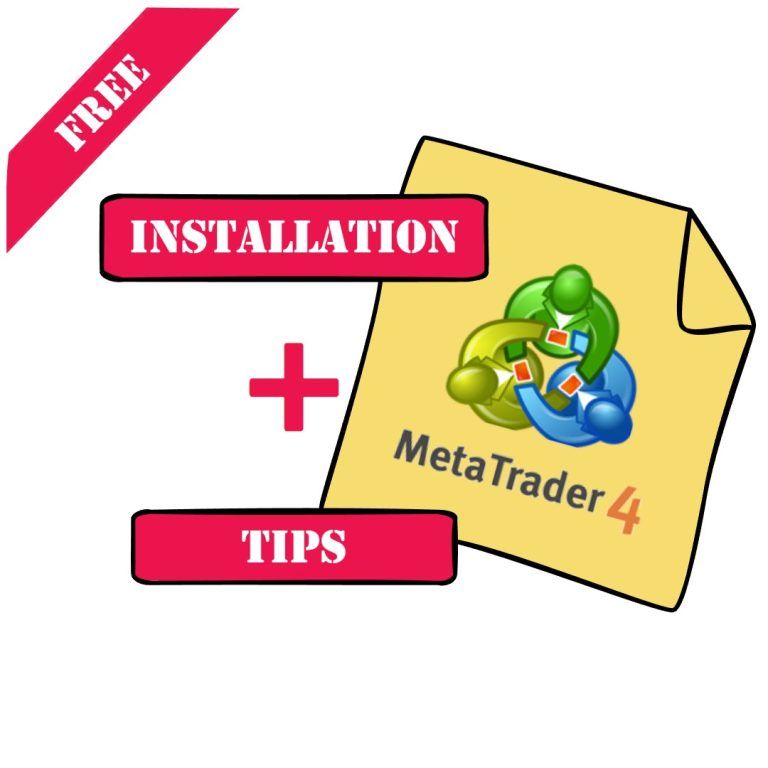The importance and risks of spreads in FOREX trading.
The importance and risks of spreads in FOREX trading.
This article provides you with an overview of the importance of spreads, particularly in Forex trading. Additionally, it helps you familiarize yourself with the different types of brokers and their account models.
What is Spread in Forex Trading?
In forex trading, spread refers to the difference between the ask and bid price of a currency pair. The ask price is the value at which the broker is willing to sell the currency to the trader, while the bid price represents the amount at which the broker is willing to buy the currency from the trader. The spread is usually expressed in pips, which is the smallest unit of measurement in forex trading. It’s important to note that the spread is not a commission or a fee directly charged by the broker. Instead, it is the compensation for the services rendered by the broker. Brokers make money through the spread by buying currencies at the bid price and selling them at the ask price, thus making a profit from the difference. Traders should consider the spread when entering and exiting trades, as it affects the overall cost of the transaction. Lower spreads generally indicate lower trading costs and can be advantageous for traders.
Spread Costs and Calculations
Spread costs and calculations are essential factors to consider when trading in financial markets. To calculate the costs of the spread, one needs to multiply the spread by the pip value and the number of lots traded. For example, let’s consider the EURUSD currency pair with a spread of 2 pips. If the pip value is $10 and the trader is trading a standard lot of 100,000 units, the total cost would be $20 (2 pips x $10 x 1 lot). This means that whenever the trader places a trade on the EURUSD pair, they would incur a cost of $20 due to the spread. Understanding spread and the costs and performing accurate calculations is crucial for traders to effectively manage their trading expenses and make informed decisions.
Use my free tool to calculate the real trading costs!
How and When Do Spreads Change, and What Are the Risks Involved and how to avoid them?
In the fast-paced Forex market, spreads—the difference between the bid and ask prices—can be highly volatile, often changing within seconds. This fluctuation is particularly noticeable during major economic announcements such as GDP reports, interest rate decisions, and job data releases. The spreads can widen dramatically during these times, posing a considerable risk to traders. Wider spreads mean that you could be entering or exiting a trade at less favorable prices, thus impacting your overall profitability.
One way to mitigate this risk is by using Limit Orders, which execute only at a pre-determined price, thereby avoiding the pitfalls of fluctuating spreads. For those who rely on automated trading systems or trading robots, setting a maximum allowable spread is often an available feature. This ensures that your orders won’t be executed if the spread widens beyond your specified limit, preventing unnecessary costs.
Understanding how spreads work and taking protective measures like setting Limit Orders or maximum spreads can be essential tools for risk management and cost-effective trading in the Forex market.
What is an ECN Broker and are they the Solution?
ECN stands for „Electronic Communication Network,“ and ECN brokers (such as RoboForex) provide a platform where traders can directly access the interbank Forex market. Unlike market makers, who set the bid and ask prices and are the counterparty to your trades, ECN brokers act as intermediaries between retail traders and liquidity providers like banks, hedge funds, and other large financial institutions.
1. Transparency:
ECN brokers display real-time order book information, showing the actual buy and sell orders in the market, which provides a higher level of transparency.
2. Tight Spreads:
Typically, spreads are narrower than those provided by market makers but come with a commission per trade.
3. Speed of Execution:
ECN brokers usually offer faster trade execution because orders are automatically matched with the best available price from multiple liquidity providers.
4. No Dealing Desk:
An ECN broker doesn’t have a dealing desk, reducing the potential for conflicts of interest.
5. Commissions:
ECN brokers often charge a fixed commission per trade instead of making money through spreads.
6. Trading Styles:
ECN brokers are usually more accommodating of various trading styles, including scalping and high-frequency trading.
Which Broker to choose?
My personal choice since years now is RoboForex. RoboForex is a well-known Forex broker that offers a range of features designed to appeal to both beginner, experienced traders and algo traders.
RoboForex offers a diverse range of account types designed to cater to the varied needs and preferences of traders. Here’s a rundown of the five different account types available:
As an added bonus, all these accounts come with a 25% discount on spread and commission costs when using my affiliate code „yuja“.
For more information on these accounts and other offerings click here
1. Prime Account:
This is the premium offering, featuring the absolute lowest spreads and commissions. Commissions are charged at just $1 per half-turn, making it highly cost-effective for serious traders.
2. Pro Account:
This account allows for commission-free trading, with costs incurred only through the spreads. It’s a suitable option for those who prefer not to have any additional trading charges.
3. Cent Accounts:
Ideal for those who want to test out trading strategies with real money without risking too much. Since trades can be made in cents rather than full-size lots, it’s an excellent account for experimenting.
4. ECN Account:
Similar to the Prime but with a slightly higher commission rate of $2 per half-turn, the ECN account gives direct access to the market and is generally suitable for experienced traders.
5. Affiliate Accounts:
These accounts offer extra rebates that can be gained through the affiliate program, allowing for additional cost savings.
As an added bonus, all these accounts come with a 25% discount on spread and commission costs when using my affiliate code „yuja“.
For more information on these accounts and other offerings click here
Larger spreads or a broker charging commissions: Which account to choose?
When deciding between a broker that charges commissions and one with larger spreads, it is crucial to consider the overall costs. Both types of accounts have their pros and cons, and it ultimately depends on an individual’s trading style and preferences. With a broker that charges commissions, traders pay a fixed fee for each trade executed. This can be advantageous for those who engage in high-volume trading as the commission charges remain constant regardless of the trade size. On the other hand, brokers with larger spreads typically do not charge explicit commissions but make their profit from the wider difference between the bid and ask prices. To determine which account is more cost-effective, traders should compare the spreads and commissions of different brokers using a free tool available in the market. By using this tool, traders can assess the overall costs associated with each account type and make an informed decision based on their trading needs and budget.


